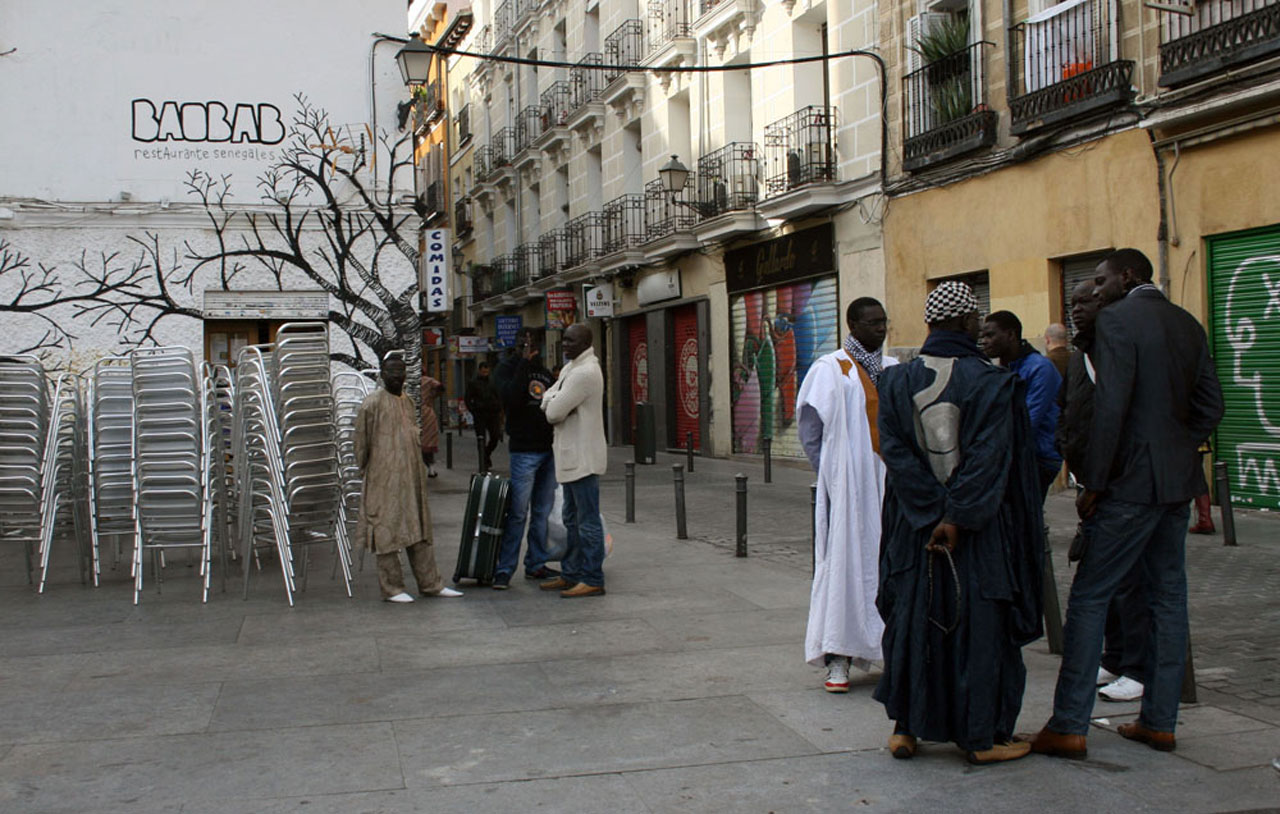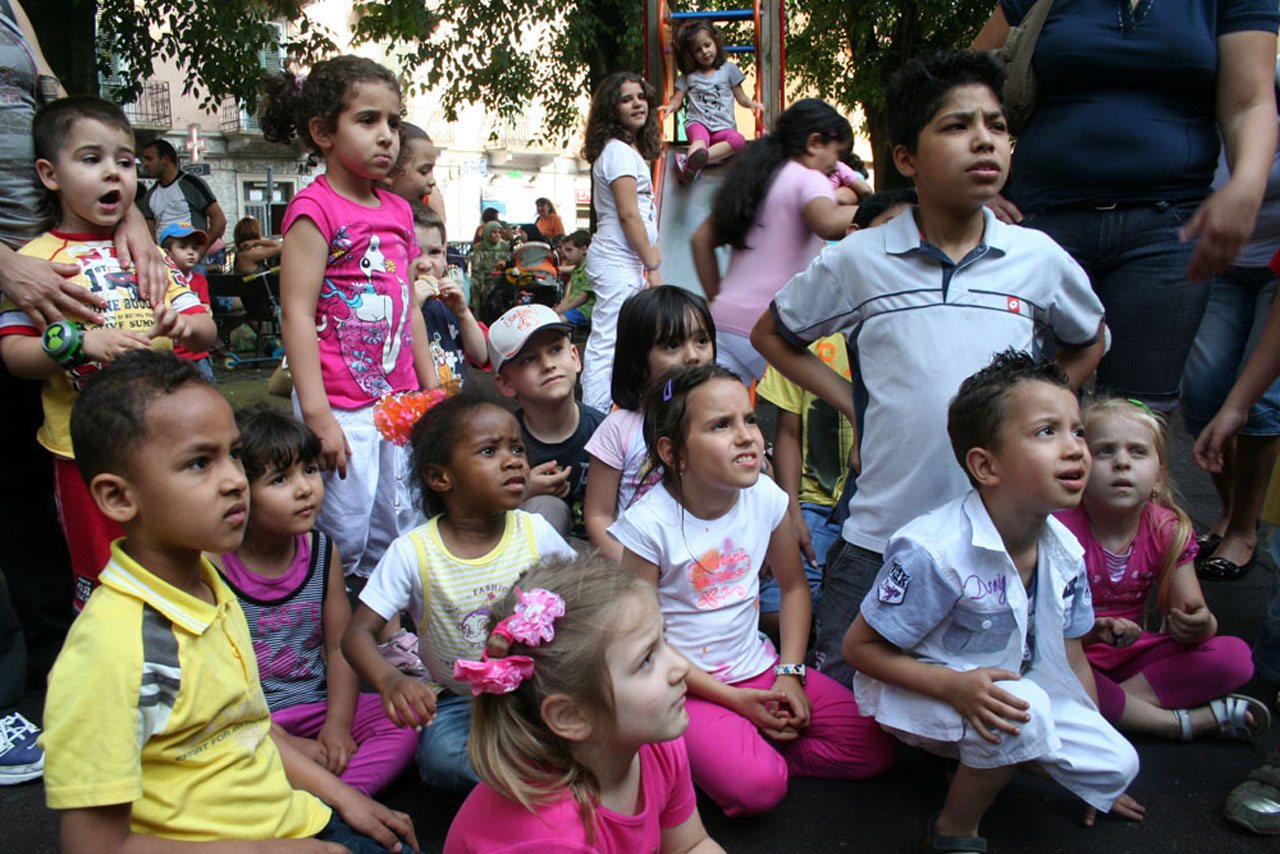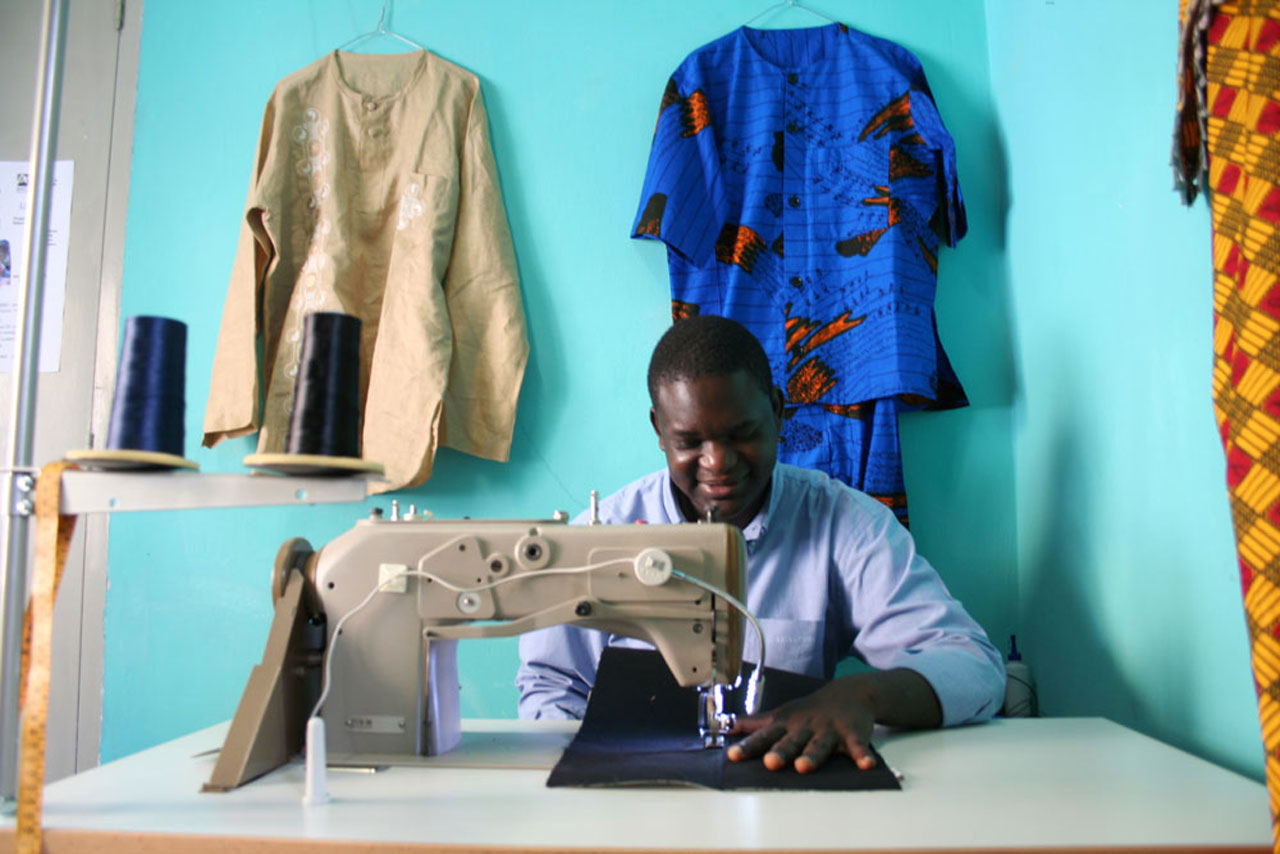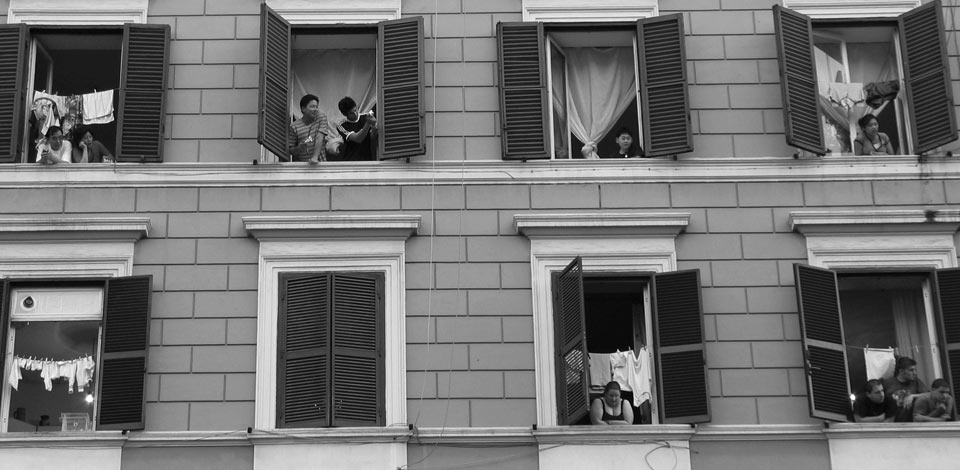IT. L’obiettivo del progetto, finanziato dalla Urban Communication Foundatione e co-finanziato dalla Compagnia di San Paolo, consiste nell’indagare i processi di costruzione delle narrazioni sui flussi di rifugiati a livello urbano, con particolare attenzione alle interazioni tra mass media e policy community locali, intese come l’insieme degli attori, pubblici e privati, attivi sul tema. Il fieldwork si concentra su due casi studio: l’occupazione a partire dal 2013 delle palazzine nell’area ex-M.O.I a Torino da parte di rifugiati al termine del percorso di accoglienza e la rapida crescita delle presenza di rifugiati in transito verso altri paesi europei nella Stazione Centrale di Milano nell’estate 2015. Entrambi i casi mostrano elementi simili ad altri episodi verificatisi in Italia e in Europa. In seguito ad un incremento dei flussi e del rigetto di una quota rilevante delle domande di asilo, tali episodi potrebbero moltiplicarsi in futuro. La ricerca potrebbe quindi individuare dinamiche e policy recommendations utili a prevenire l’affermarsi di narrazioni xenofobe e/o anti immigrati in contingenze analoghe.
EN. The project, funded by the Urban Communication Foundation and co-funded by Compagnia di San Paolo, aims at investigating the mechanisms producing the positive association between policy communities’ cohesion and local migration and integration narratives. The fieldwork focuses on two case studies, defined by specific events: the squatting, from 2013, of two empty buildings in the so-called ‘ex-MOI’ (Mercati Ortofrutticoli all’Ingrosso) area in Turin by refugees at the end of their reception path and the growing numbers of asylum-seekers in transit to other European countries in Milan Central Station in the summer of 2015. Both these case studies show dynamics that are already affecting an ever growing number of European cities. Following an increase of flows and the rejection of a significant number of asylum applications, such events could multiply in the future. The project has the ambition to contribute both to enhance scientific knowledge in this regard and to offer more detailed and practical recommendations to policy communities on how to reinforce their narrative autonomy and power.
Scarica il white paper






